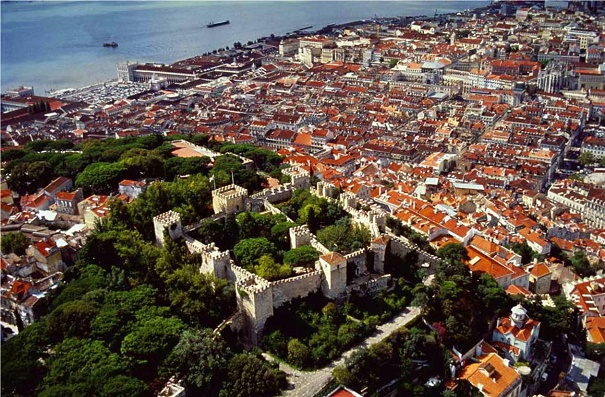
Portugal has seen one of the biggest and more successful experiments in drug legislation in the world. In 2001 it became the first European country to remove criminal penalties for people in possession of drugs. Since then anyone can carry up to 10 doses of any drug, from hashish to MDMA, cocaine or heroin.
That means that one can calmly carry through Lisbon two grams of cocaine, 25 grams of marijuana or 5 grams of hashish. Nevertheless, if a person is caught with a quantity exceeding those limits it will be considered drug trafficking. The substances are still illegal but the consumption is not prosecuted.
The law was the country’s response to a series of deaths caused by overdoses of different drugs during the 80s and 90s. During that period cheap heroin arrived in Europe from Afghanistan and Pakistan. When the issue was at its worse up to 100,000 people were “very problematic drug addicts”, according to data from the Health Ministry in Portugal - almost 1 per cent of the population.
After 15 years in force international experts consider it a success. Indeed a number of benefits have arrived in Portugal hand in hand with it.
When the Portuguese government introduced its new legislation, critics said the level of consumption would rise. “At the time no one could use any data to confirm or deny such statements. Now we know the consumption has evolved in parallel with other countries but that drug addiction has been reduced to a half of those 100,00 people we had in the 80’s”, said Joao Castel-Branco Goulão, chair of Portugal’s Institute on Drugs and Drug Addiction (IDT).
The sanction for drug possession in Portugal before the decriminalisation was a year of prison. In 2009 drug related cases in the country had dropped by 66 per cent.
Among the most consistent pros is a significant fall in the cases of contagion of HIV through infected needles. According to a 2009 survey by the CATO Institute, the number of infected fell by 75 per cent. The same research points out that overdoses registered by the health services have fallen by 40 per cent.
The effort against stigmatisation is considered one of the keys of this programme’s success. “The lack of stigma helps rehabilitation. The whole system is focused on healing the drug addict, not in repressing it. The Portuguese state is against drugs, not against drug addicts. So, once they are rehabilitated they can go back to their normal lives without having being detained, which is vital, for example in finding a job”, said Goulão.
Joao Castel-Branco Goulão said that thanks to the decriminalisation more people feel able to ask for help. “We have been able to eradicate fear of the authority and more people approach the government hoping to stop using drugs. In 2011 there were 40.000 drug addicts being treated in the country, according to the Health Ministry figures.
Another consequence of the decriminalisation has been the fall in drug-related crimes, especially minor thefts. According to an IDT civil servant, consumers feeling the effects of drug withdrawal have the choice to go to a help point where they will receive treatment with methadone.
According to experts, decriminalisation doesn’t make sense without drug prevention programmes, the specialised clinics and the social work carried in the streets. Before the crisis Portugal spent 75 million Euros per annum on its drug programme. With the economic crisis still ongoing, the lack of money could be one of the worse enemies of this successful reform.